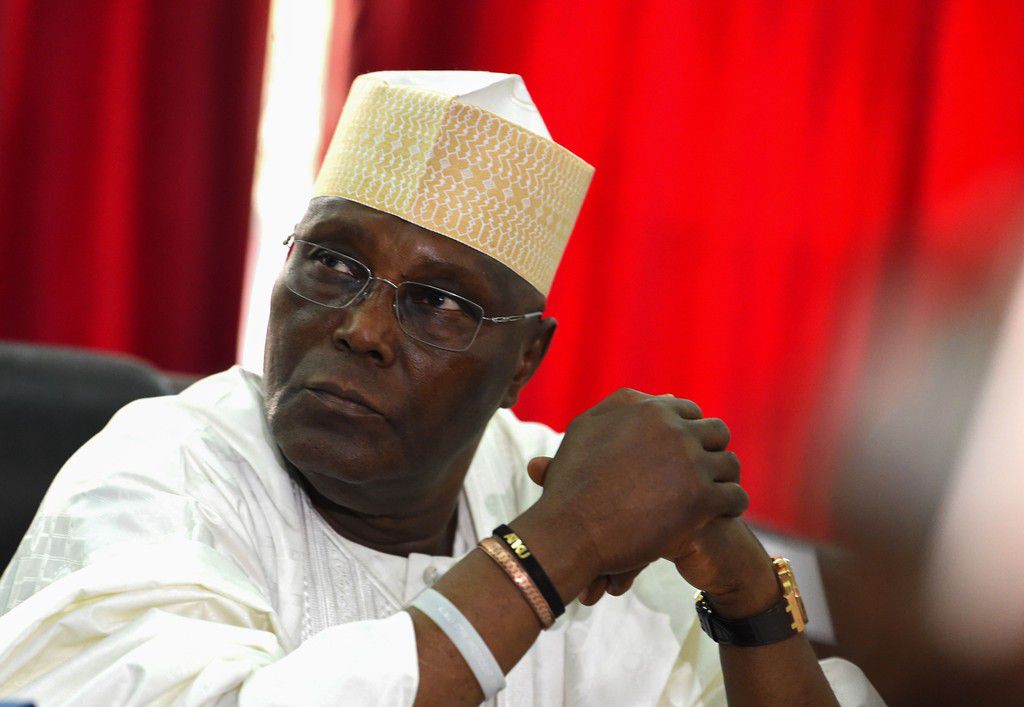The recent decision by the Abuja Federal High Court to restrain the Central Bank of Nigeria (CBN) from releasing funds to Rivers State has raised significant concerns and sparked lively debates among various stakeholders. The ruling, issued by Justice Joyce Abdulmalik, has ignited controversies and heated reactions in the political landscape, with former Vice President Atiku Abubakar expressing deep apprehension over what he perceives as unwarranted federal interference in state affairs.
Atiku’s concerns over the court order disrupting the financial flow to Rivers State have highlighted the delicate balance between federal oversight and state autonomy. The injunction, which bars the state from receiving allocations until a properly constituted Rivers State House of Assembly passes an appropriation act, has raised questions about the judiciary’s role in resolving disputes between state and federal entities.
The legal dispute, initiated by Martins Amaewhule’s faction of the state assembly, challenges the legitimacy of Governor Siminalayi Fubara’s budget submission to a five-member assembly, further complicating the already contentious situation. Atiku’s assertion that the judiciary’s intervention could jeopardize stability in Rivers State underscores the potential ramifications of judicial decisions on state governance and political dynamics.
Moreover, Atiku’s criticism of the timing of the court ruling, particularly in light of Rivers State’s appeal process, underscores the complexities of legal proceedings that intertwine with political interests and power dynamics. By questioning the motives behind the court’s actions and suggesting external influences at play, Atiku underscores the need for transparency and accountability in the legal system to uphold the integrity of judicial processes.
The reference to prominent lawyer Femi Falana, SAN’s prior warnings about possible judicial impropriety and compromised integrity sheds light on broader concerns about the credibility of legal procedures and the potential for undue influence in judicial outcomes. Atiku’s call for a fair and impartial approach to legal proceedings reflects a broader commitment to upholding the rule of law and ensuring that justice is served without bias or external interference.
In conclusion, the ongoing legal dispute between the Central Bank of Nigeria and Rivers State underscores the complex interplay between legal processes, political interests, and institutional integrity. As stakeholders navigate the legal intricacies and political dynamics surrounding this case, it is essential to uphold the principles of fairness, transparency, and accountability to safeguard the integrity of the legal system and ensure that justice is served in the best interests of all parties involved.

